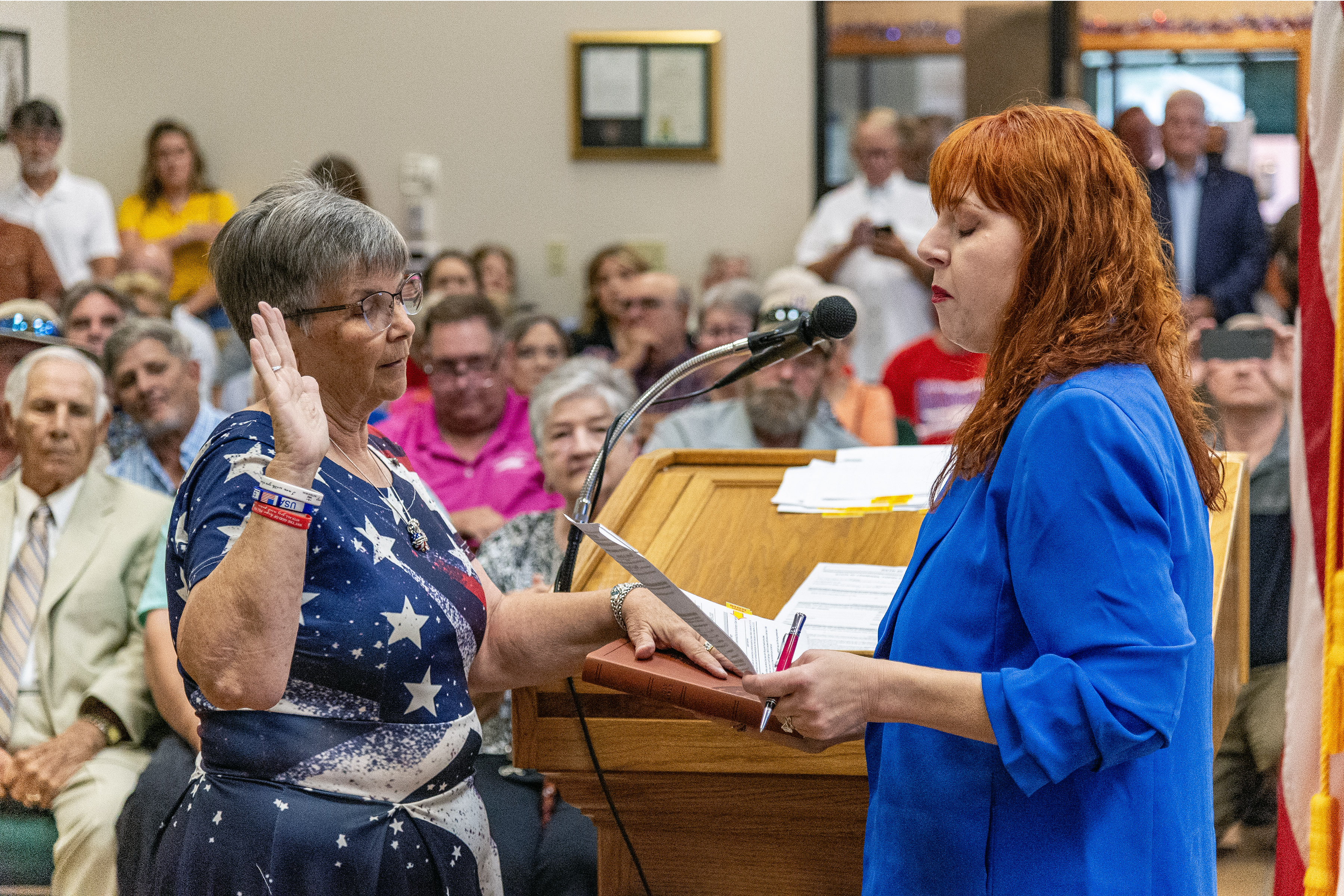FISA court based in Washington, has 11 judges
Published 7:00 pm Monday, March 5, 2018
<p class="p1"><strong>Where is the FISA court? Are the judges elected or appointed? Are their decisions subject to appellate review?</strong></p><p class="p2">The Foreign Intelligence Surveillance Court — a secret tribunal set up in 1978 by the Foreign Intelligence Surveillance Act, or FISA — meets in Washington, D.C.</p><p class="p2">The tribunal, which comprises 11 federal judges chosen by the chief justice of the U.S. Supreme Court, handles requests for search warrants, electronic surveillance and data collection in cases involving suspected spies.</p><p class="p2">“Each judge serves for a maximum of seven years and their terms are staggered to ensure continuity on the Court,” reads the court’s website.</p><p class="p2">“By statute, the judges must be drawn from at least seven of the United States judicial circuits, and three of the judges must reside within 20 miles of the District of Columbia. Judges typically sit for one week at a time, on a rotating basis.”</p><p class="p2">If the court denies a warrant request — a rare occurrence — federal authorities can take their case to the Foreign Intelligence Surveillance Court of Review, which comprises three federal judges appointed by the chief justice.</p><p class="p2">FISA warrants can last for up to a year, but they come with the following limitations, as listed in a Congressional Research Service report from April 2016:</p><p class="p3">“May not intentionally target any person known at the time of acquisition to be located in the United States.”</p><p class="p3">“May not intentionally target a person reasonably believed to be located outside the United States if the purpose of such acquisition is to target a particular, known person reasonably believed to be in the United States.”</p><p class="p3">“May not intentionally target a U.S. person reasonably believed to be located outside the United States.”</p><p class="p3">“May not intentionally acquire any communication as to which the sender and all intended recipients are known at the time of the acquisition to be located in the United States.”</p><p class="p3">“Must be conducted in a manner consistent with the Fourth Amendment to the Constitution of the United States.”</p><p class="p2">The FISA judges, along with the dates of their appointments and the dates their terms end:</p><p class="p3">Rosemary M. Collyer — March 8, 2013; March 7, 2020.</p><p class="p3">James E. Boasberg — May 19, 2014; March 18, 2021.</p><p class="p3">Rudolph Contreras — May 19, 2016; May 18, 2023.</p><p class="p3">Anne C. Conway — May 19, 2016; May 18, 2023.</p><p class="p3">Raymond J. Dearie — July 2, 2012; July 1, 2019.</p><p class="p3">Claire V. Eagan — Feb. 13, 2013; May 18, 2019.</p><p class="p3">James P. Jones — May 19, 2015; May 18, 2022.</p><p class="p3">Robert B. Kugler — May 19, 2017; May 18, 2024.</p><p class="p3">Michael W. Mosman — May 4, 2013; May 3, 2020.</p><p class="p3">Thomas B. Russell — May 19, 2015; May 18, 2022.</p><p class="p3">F. Dennis Saylor IV — May 19, 2011; May 18, 2018.</p><p class="p2">According to the latest report from the director of the Administrative Office of the U.S. Courts, the FISA judges in 2016 received 1,752 applications, granted 1,378 orders, modified 339 orders, and denied 26 orders in part and nine applications in full.</p><p class="p5">For more info visit, <a href="http://www.fisc.uscourts.gov" target="_blank">www.fisc.uscourts.gov</a>; <a href="https://fas.org/irp/agency/doj/fisa." target="_blank">https://fas.org/irp/agency/doj/fisa.</a></p><p class="p4"><a href="https://fas.org/irp/agency/doj/fisa." target="_blank"> </a></p><p class="p6">The Informer answers questions from readers each Sunday, Monday and Wednesday. It is researched and written by <strong>Andrew Perzo</strong>, an <em>American Press</em> staff writer. To ask a question, call 494-4098 and leave voice mail, or email informer@americanpress.com.</p>





